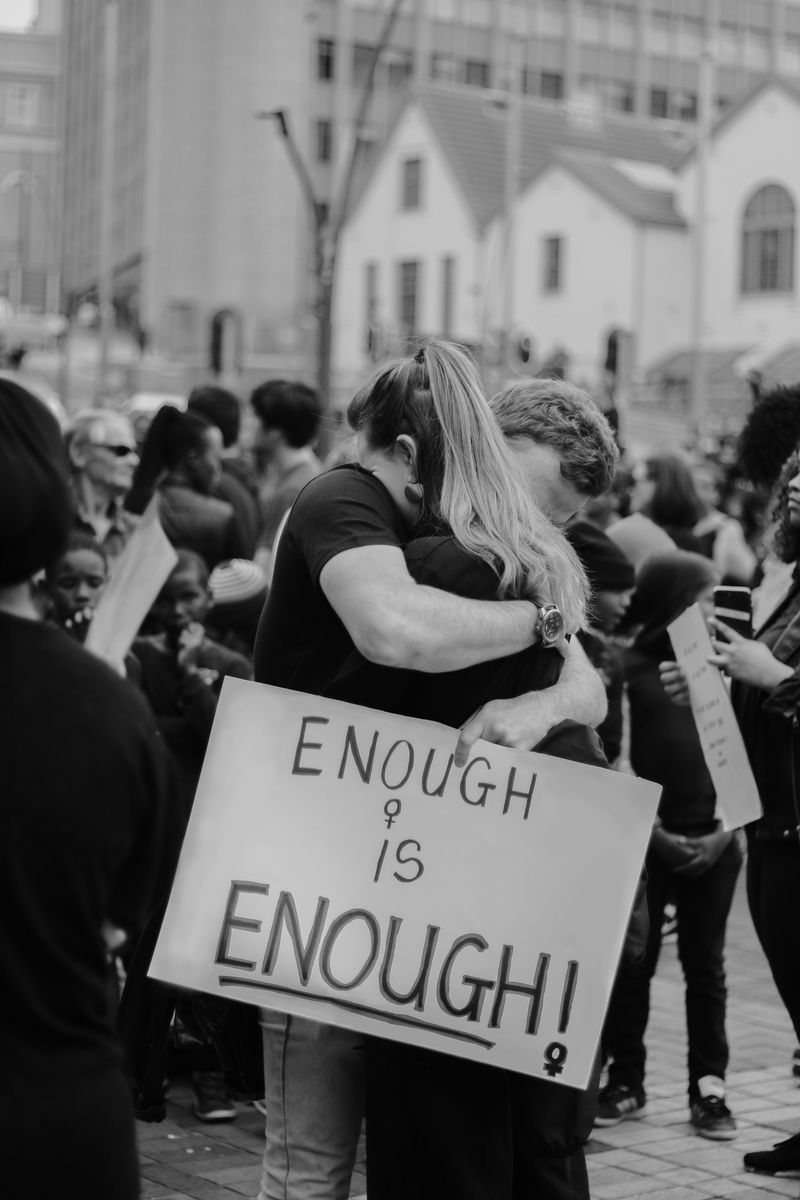Table of Contents
Evaluating the Human Rights Council’s Crucial Test
Background
The 54th session of the United Nations Human Rights Council (UNHRC) is set to conclude soon, and one of the key decisions on the table is whether to establish a human rights monitoring mechanism in Sudan and extend human rights reporting in Russia. This decision, according to Amnesty International’s Senior Director for Research, Advocacy, Policy and Campaigns, Erika Guevara-Rosas, will serve as a crucial test for the Council’s ability to rise above political interests and fulfill its purpose.
The Importance of Overcoming Political Interests
Guevara-Rosas asserts that the Human Rights Council should not allow itself to be shackled by geopolitics. The Council’s primary responsibility is to protect human rights and hold states accountable for violations. By prioritizing political interests over human rights concerns, the Council risks undermining its own credibility and effectiveness.
The Situation in Sudan
In Sudan, renewed violence in the ongoing conflict has resulted in the loss of thousands of lives, injuries, and displacement of over two million people. Additionally, parties involved in the conflict have been accused of committing war crimes, including sexual violence and ethnic targeting. The establishment of a monitoring mechanism in Sudan would be an important step towards ensuring that these violations are thoroughly investigated and those responsible held accountable.
Extending Human Rights Reporting in Russia
Extending the mandate of the special rapporteur on human rights in Russia is equally crucial. The human rights situation in Russia has raised concerns globally, with reports of violations against activists, journalists, and political opponents. By extending human rights reporting, the UNHRC can provide a platform for independent scrutiny and shed light on the state of human rights in Russia. This transparency is essential in holding the Russian government accountable and ensuring the protection of individuals’ fundamental rights and freedoms.
Editorial: Strengthening the Human Rights Council
The UNHRC’s decisions on Sudan and Russia represent a pivotal moment for the Council. It is imperative that member states prioritize human rights over political interests and send a clear message of solidarity with affected civilians in both countries. Upholding the principles of justice, dignity, and accountability is essential to restore faith in the Council’s ability to fulfill its mandate.
Importance of Accountability
The victims of war crimes and human rights violations in Sudan and Russia deserve justice and accountability. If the Human Rights Council fails to establish a monitoring mechanism in Sudan or extend human rights reporting in Russia, it risks perpetuating a culture of impunity. This would not only undermine the Council’s legitimacy but also send a discouraging message to victims of human rights abuses worldwide.
The Role of Civil Society
Civil society organizations, including Amnesty International, have played an important role in advocating for human rights and pressuring member states to take meaningful action. Their letters and efforts to raise awareness have helped shed light on the urgent need for a monitoring mechanism in Sudan and extended reporting on human rights in Russia. It is essential that member states listen to these voices and demonstrate their commitment to protecting human rights.
Advice to UNHRC Member States
As the UNHRC session draws to a close, member states have a critical opportunity to prove their dedication to human rights. By supporting the establishment of a monitoring mechanism in Sudan and extending human rights reporting in Russia, member states can demonstrate their commitment to justice, accountability, and the protection of fundamental freedoms.
Building a Durable Framework
Beyond these immediate decisions, member states should also work towards strengthening the Human Rights Council as an institution. This can be done by reforming the Council to ensure a more balanced representation of member states, establishing clearer criteria for membership, and improving the efficiency of its investigations and reporting mechanisms. Only by cultivating a strong and independent Council can member states effectively address human rights violations and promote a culture of respect for human dignity on a global scale.

<< photo by Duané Viljoen >>
The image is for illustrative purposes only and does not depict the actual situation.
You might want to read !
- Frontex’s Controversial Libyan Cooperation: Shedding Light in Court
- Crisis in Tunisia: Challenging the Fabricated Charges Against Political Dissidents
- Exploiting Migrant Workers in Saudi Arabia’s Amazon Warehouses
- An Ode to Osman Kavala: Council of Europe Prize Shines Light on a Lingering Injustice
- The Role of the UN Rights Body in Addressing Impunity in Sudan
- The World Court Sheds Light on Syria’s Torture Crisis
- Greenpeace Urges Governments to Drastically Reduce Plastic Production by 75% by 2040
- Mitigating the Humanitarian Crisis: Tunisia’s Response to Intercepting and Expelling African Migrants at Sea
- Bracing for Aftermath: The Urgency of Aid in Post-Earthquake Afghanistan
- Syria Torture Case: An Urgent Test for International Justice
- The Repression Game: Unveiling Rwanda’s Global Playbook of Silence